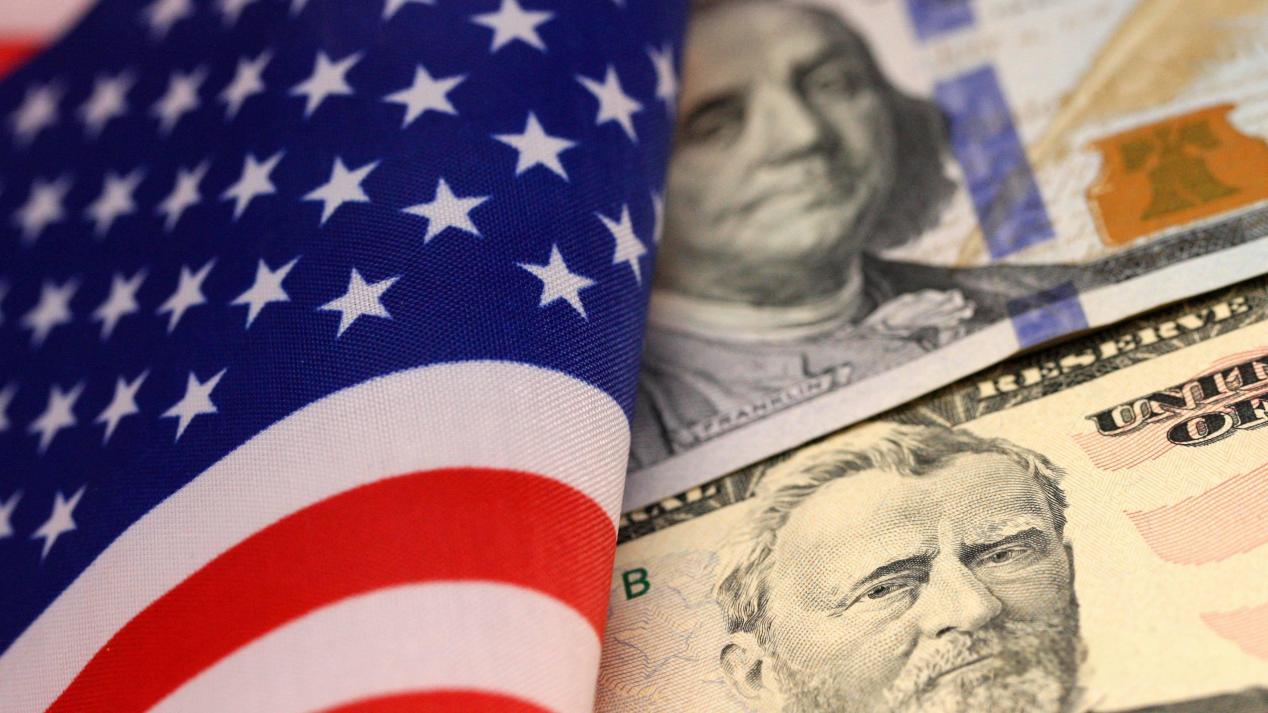
The yen has fallen to its lowest level against the dollar in 34 years, but it is not the only currency that has been losing value recently. Recently, the Korean won, the Indian rupee, the Indonesian rupiah, the Malaysian ringgit, the Vietnamese dong, the Philippine peso and other Asian currencies have continued to come out of the downward curve, and the exchange rates of many local currencies have fallen sharply against the US dollar, causing market concerns about the stability of the capital markets of emerging economies.
Some analysts believe that the phenomenon of the sharp depreciation of multi-national currencies against the US dollar is mainly due to the so-called "strong dollar", that is, the US Federal Reserve policy has led to a sharp appreciation of the US dollar, and capital has returned from emerging markets, exacerbating the risks faced by emerging economies and the world economy. This strong performance of the dollar is related to the policy decisions of the Federal Reserve and the market's expectations for the outlook of the US economy.
First, the Federal Reserve has adopted a series of tight monetary policies over the past period of time to control inflation and stabilize the economy. These policies caused US interest rates to rise, attracting global capital flows to the US, which in turn pushed up the value of the dollar.
Second, the pace of the global economic recovery has been inconsistent, and the relatively weak economic performance of some emerging market and developing countries has led to increased depreciation pressure on their currencies. At the same time, some countries are also facing internal problems such as political turmoil and debt crises, which further aggravate the trend of currency depreciation.
In addition, changes in the international trade situation have also had an impact on the exchange rates of many currencies against the US dollar. For example, trade frictions between some countries and the United States have intensified, leading to the suppression of their currencies.
It is important to note that the impact of currency depreciation is different in different countries. For some export-oriented countries, currency depreciation may increase the competitiveness of export goods and boost economic growth. But for some import-dependent countries, currency depreciation may lead to higher import costs, negatively affecting the domestic economy. So what risks does a "strong dollar" pose to the world economy?
First, it could lead to massive flows of global capital to the US, putting downward pressure on other countries' currencies and intensifying capital outflows, especially for emerging market countries that are highly dependent on foreign capital. This could lead to greater economic pressure on emerging economies and could even trigger a financial crisis.
Second, a strong dollar could affect global trade patterns. The relative depreciation of other countries' currencies as a result of the rising dollar can make their exports cheaper, increasing their competitiveness in the global market. For the United States, however, this could lead to higher prices for its imports, which in turn could spark inflation. At the same time, in order to maintain their export competitiveness, other countries may take some trade protectionist measures, such as raising tariffs, which will have a negative impact on global trade liberalization.
In addition, a strong dollar could send shockwaves through global financial markets. As a result of large capital flows to the United States, financial markets in other countries may face funding shortages, resulting in reduced market liquidity and increased volatility in financial markets. That could trigger investor panic and further destabilize markets.
In general, central banks and governments of various countries need to take corresponding policy measures to deal with the phenomenon of sharp depreciation of currencies against the US dollar. For example, by adjusting monetary policy, strengthening foreign exchange reserve management and other ways to stabilize the domestic currency exchange rate. At the same time, in view of the risks brought by the "strong dollar" to the world economy, governments and the international community need to strengthen cooperation and jointly deal with the challenges of the global economy and financial market.

报告显示,中国电力投资加速增长,预计2024年电网基建投资将超过5300亿元。
近日,市场迎来了一则引人注目的消息:工业巨头3M公司(MMM.N)在本周五公布了其季度业绩报告,随后股价飙升至近两年来的
最近,外媒给OpenAI算了笔账,今年可能要血亏50亿美元。
近日,巴黎奥运会和世界铁人三项协会联合发布了一项重大决定,宣布因塞纳河水质污染问题,原定于近期进行的奥运会铁人三项首次下
当地时间7月18日,法国巴黎发生了一起令人震惊的持刀袭警事件。
近期,一则重大消息在国际舞台上引起轩然大波,马来西亚宣布加入金砖国家。
调查发现,互联网和智能手机的使用干扰了韩国近五分之一学生的生活。